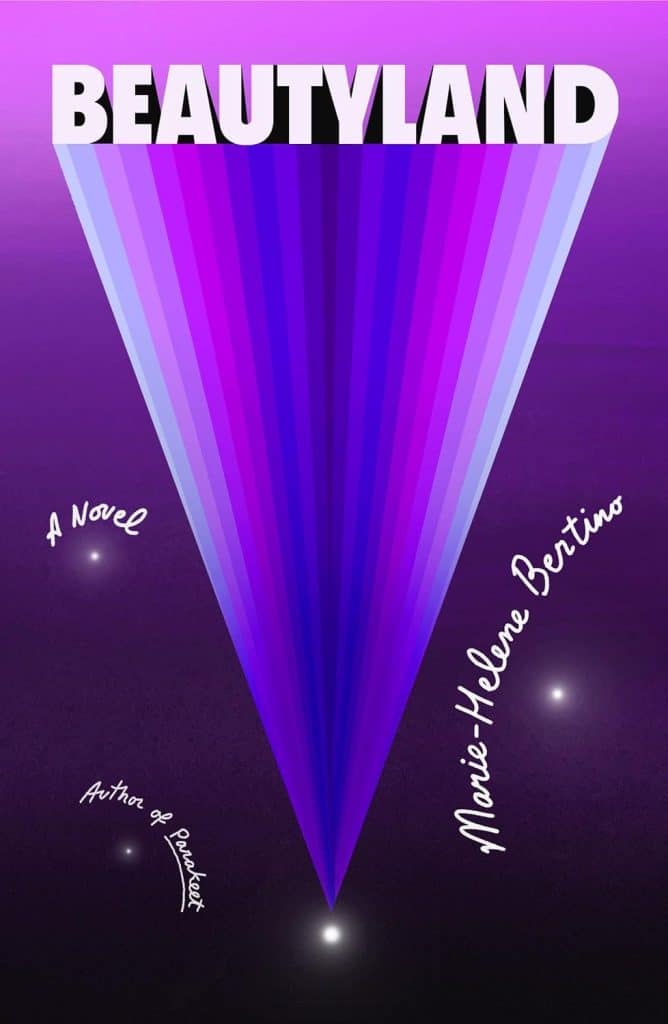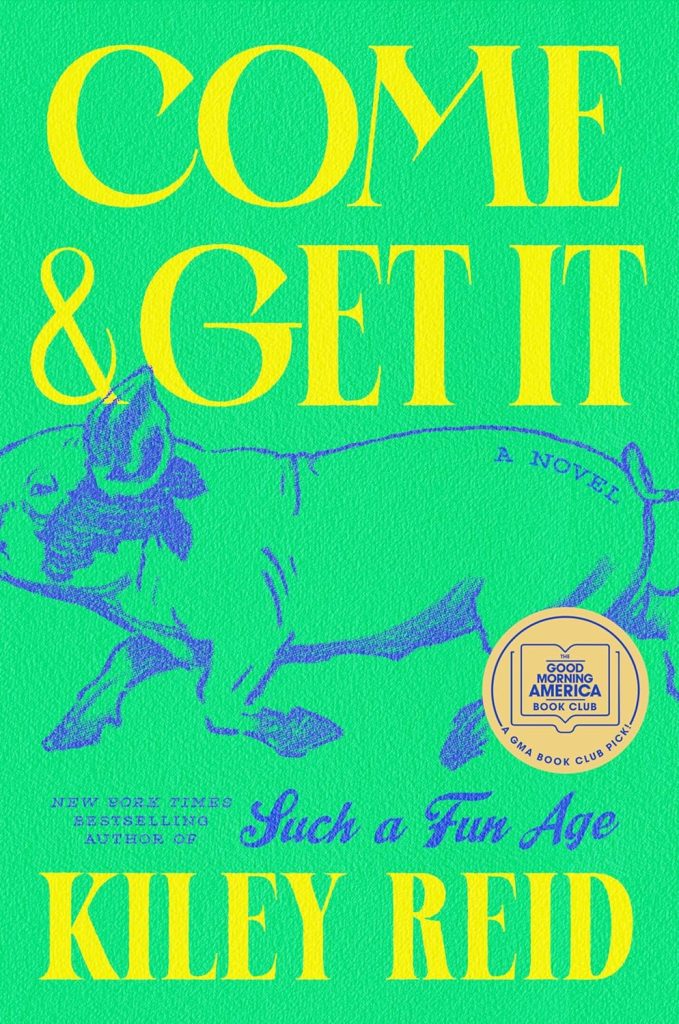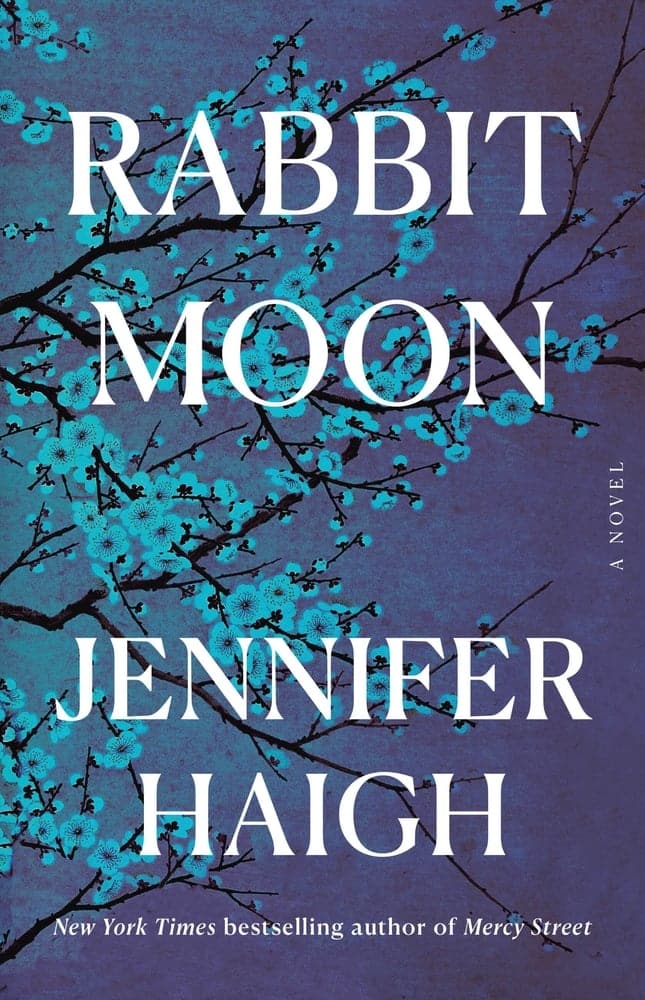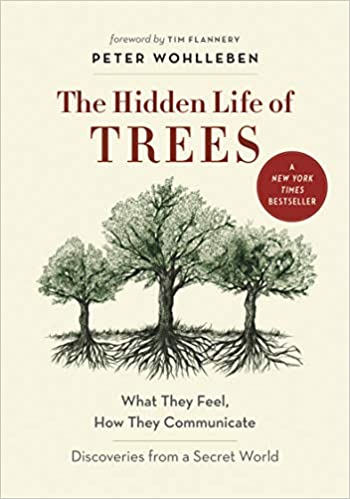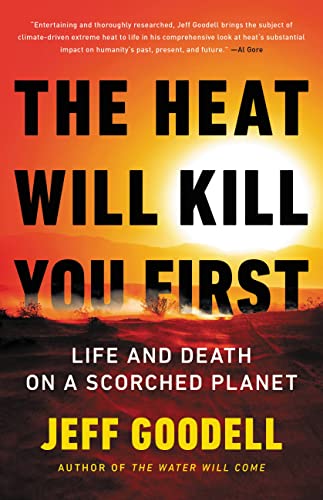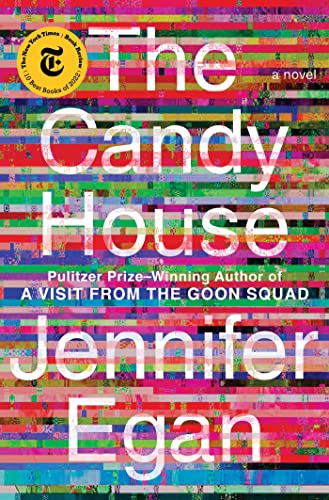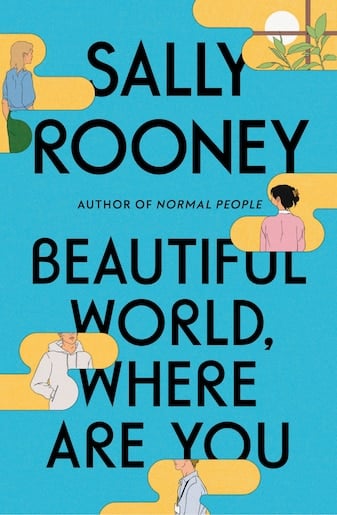
Beautiful World, Where Are You
Estimated reading time: 1 minute, 59 secondsBeautiful World, Where Are You by Sally Rooney, a writer recommended to me, but I have always kept them on the to-read list, not the current reading. Does a beautiful word exist? Is it possible to live in a beautiful world despite the loss of the love of my life? Perhaps reading Beautiful World, Where Are You, will help me in my grief journey.
Ms. Rooney’s book was a page-turner, and I highly recommend it.
One of the quotes from the book echoed my dream of a beautiful world.
“When I try to picture for myself what a happy life might look like, the picture hasn’t changed very much since I was a child – a house with flowers and trees around it, and a river nearby, and a room full of books, and someone there to love me, that’s all. Just to make a home there, and to care for my parents when they grow older. Never to move, never to board a plane again, just to live quietly and then be buried in the earth.” ― Beautiful World, Where Are You
It also helped remind me how unique and memorable the love that Jan and I shared was. We could quickly fall into a life lived separately as friends, or we might not have ever fallen in love and married.
As Beautiful World, Where Are You, wrote:
“If God wanted me to give you up, he wouldn’t have made me who I am.”
The Goodreads summary provides an overview.
Alice, a novelist, meets Felix, who works in a warehouse, and asks him if he’d like to travel to Rome with her. In Dublin, her best friend, Eileen, is getting over a breakup and slips back into flirting with Simon, a man she has known since childhood. Alice, Felix, Eileen, and Simon are still young—but life is catching up with them. They desire each other, they delude each other, they get together, and they break apart. They have sex, they worry about sex, and they worry about their friendships and the world they live in. Are they standing in the last lighted room before the darkness, bearing witness to something? Will they find a way to believe in a beautiful world?


